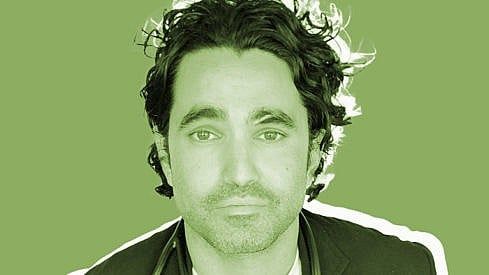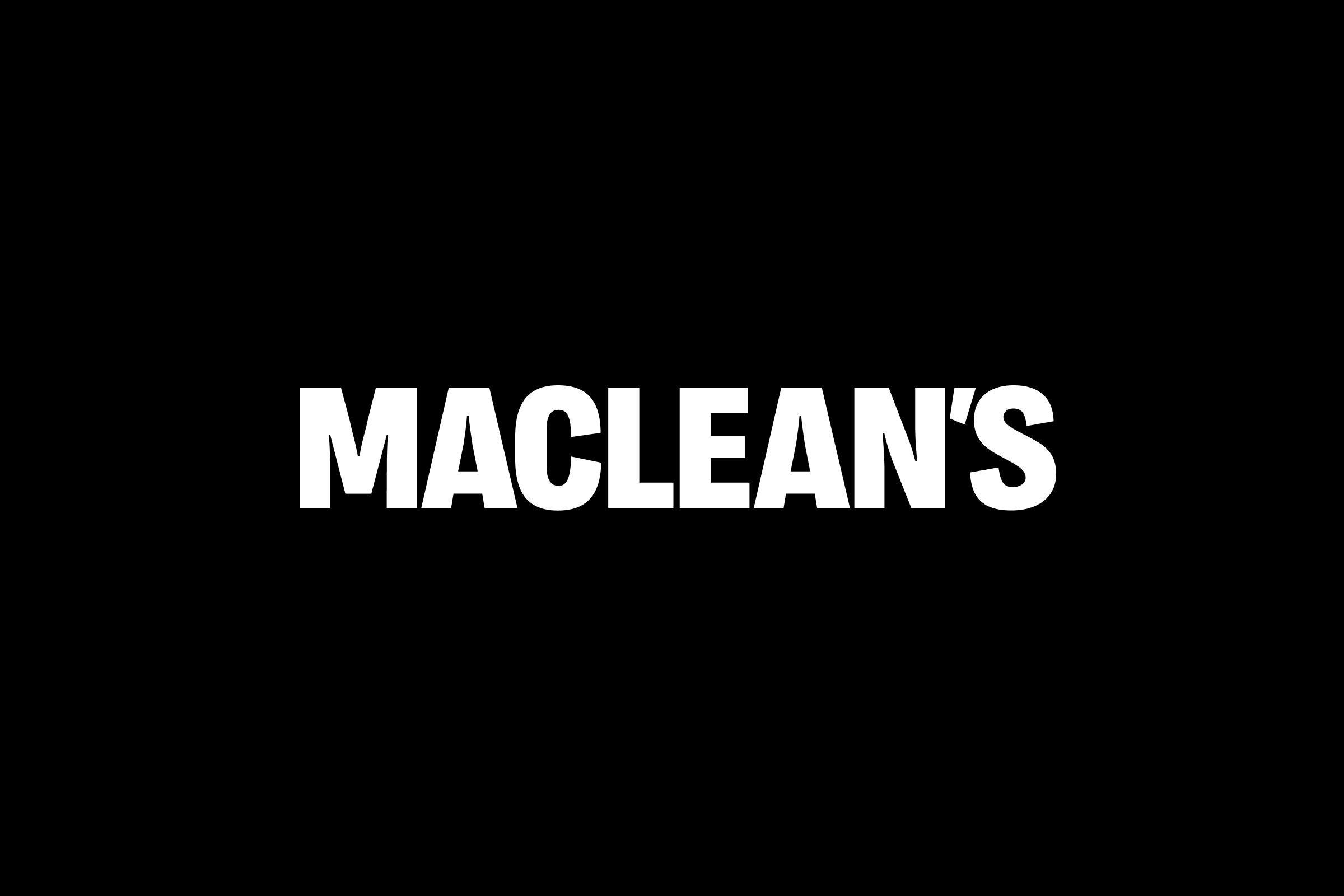healthcare reform
How to fix our broken health care system
Dr. Andrew Boozary dissects proposed solutions like privatization and prescribes a new approach to delivering health care across Canada
Ad campaign—or slander?
Are pro-life attack ads targeting Ohio Democrat Steve Driehaus based on lies?
The public option is in
Progressive Democrats seemed happy with Nevada Senator and Majority Leader Harry Reid’s decision to include a public option in the Senate’s health care reform bill. Coupled with a House of Representatives’ bill that will no doubt also include a public option, it seems to indicate Barack Obama stands a good chance of passing a meaningful reform package before the end of his first year in power. And while it is hard to predict the final outcome, it seems reasonable to assume that a public option will be in the final bill Obama will sign.
Meaningful healthcare reforms are closer than ever
The Senate Finance Committee, chaired by Montana Senator Max Baucus, a Blue Dog or conservative Democrat, recently voted 14 to nine in favour of a healthcare bill that got the support of only one Republican Senator, Olympia Snowe of Maine. Barack Obama praised the efforts of the Baucus committee, though he indicated that there was still much work ahead, especially if he is to sign a bill before the holiday season. There are now five bills out of committee. Working from these, each House of Congress will produce one of their own that will end up either in a conference (resulting in a compromise bill worked out between the two Houses) or in reconciliation (resulting in a bill considered without the possibility of a filibuster even if it adds to the deficit). Either way, it seems likely Obama will have a health care bill to sign within his first year in office.
Obama’s reform needs a public option
As Canadians, it is easy to be astonished by the health care debate in the United States. It can seem surreal at times when viewed from a country like ours, where the principles of universality and accessibility are a given and no one is threatened with bankruptcy when faced with health issues. After a summer of mounting protests, boisterous town halls, and radical polarization, we are left with the impression that Barack Obama’s reform package may be in trouble and that, if he does end up with a bill, it will bring less change than was expected.
The Palin Republicans
Why the GOP’s indulgence of its lunatic fringe could be its undoing
Will Obama be the last president to tackle healthcare reform?
“I may not be the first president to tackle health care reform,” Barack Obama told Congress on Wednesday, “but I intend to be the last.” Pretty powerful words if you intend to bank your domestic record on one issue. Obama needed to send a message to counter concerns over his ability to lead on this issue. He needed to show determination, clarity and focus. His audience was beyond the walls of Congress. It was independents who have so far declined to support him and have put the reform project in doubt. He also had to convince his own party that it must be united and willing to compromise if it is to produce a much-needed reform bill.
Ted Kennedy and the health care debate
If he had lived, Kennedy may have been able to bring about a bipartisan reform bill and compromise among Democrats
It’s now up to Obama and the Democrats
If there is a golden rule when you’re faced with adversity in politics, it is this: ‘When in doubt, follow your beliefs and principles.’ Barack Obama was elected with a majority vote (53%) and the most votes ever cast for a president. His party, the Democrats, controls the Senate with a filibuster-proof majority of 60 seats and a 78-seat edge in the House of Representatives.
Why Obama needs to “keep it simple, stupid”
In the 1992 presidential election campaign, Democratic strategist James Carville famously unveiled the wedge issue that would decide the election by stating, “It’s the economy, stupid.” It was a simple and efficient message targeting an electorate concerned about job losses and slow economic recovery. George H.W. Bush, who had a 90-plus per cent approval rating after the Gulf War, would end up a one-term president, ceding the reins to Bill Clinton.

